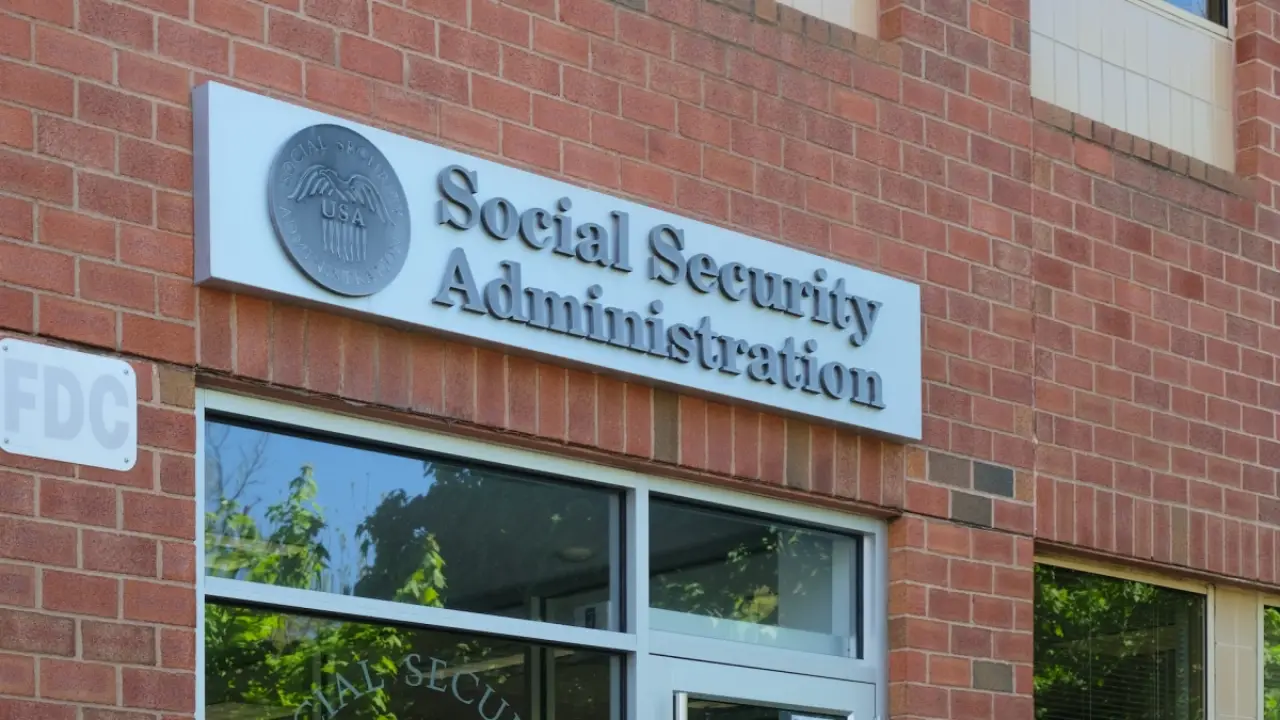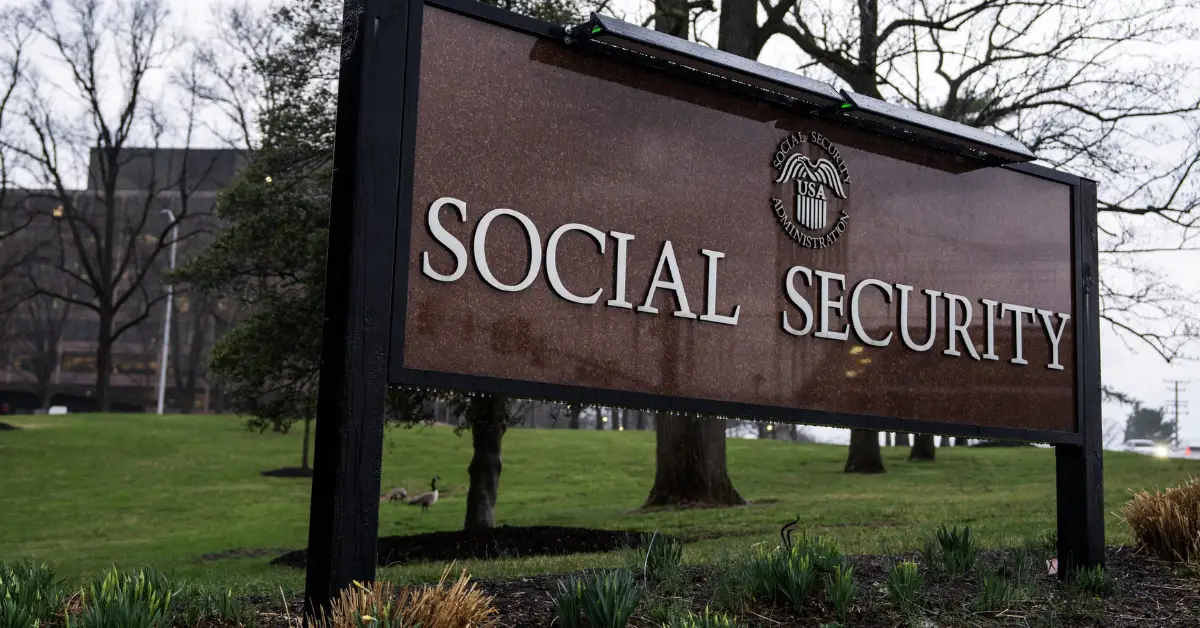The year 2025 is almost here, and with it come several important updates to Social Security. These changes will affect retirees, workers, and people preparing to claim benefits soon.
The adjustments aim to keep benefits in line with inflation, update earning limits, and make other refinements.
Here’s a detailed breakdown of what’s changing and how it could impact you.
1. Higher Cost of Living Adjustment (COLA)
Starting in January 2025, Social Security benefits will increase by 2.5%, thanks to the annual cost-of-living adjustment (COLA).
This adjustment helps beneficiaries keep pace with inflation, ensuring their payments continue to cover essential expenses.
For example, the average monthly Social Security benefit for a retired worker was $1,925.46 in 2024.
With the 2.5% COLA increase, this average will rise to about $1,974. While it may seem like a modest boost, this annual adjustment makes a big difference over time, especially as costs for essentials like food, housing, and healthcare continue to rise.
2. Changes to the Social Security Benefit Formula
The formula used to calculate Social Security benefits will remain the same, but the bend points within it will adjust for inflation.
These bend points determine how much of your average monthly earnings are used to calculate your benefit.
For those first qualifying for Social Security in 2025, the new formula is:
- 90% of the first $1,226 of average indexed monthly earnings (AIME).
- 32% of earnings between $1,226 and $7,391.
- 15% of earnings above $7,391.
This adjustment ensures the benefit calculation reflects changes in wages and inflation. While the impact may seem minor for some, it helps maintain the fairness of benefits over time.
3. Maximum Monthly Benefits Increase

The maximum monthly Social Security benefit is increasing in 2025, offering greater support for retirees who delay their benefits:
- Retirees at full retirement age can now receive a maximum of $3,918 per month.
- Those who delay claiming benefits until age 70 could receive as much as $4,995 monthly.
- Early retirees at age 62 will see a maximum benefit of $2,778 per month.
These changes highlight the importance of deciding when to start collecting Social Security. Waiting to claim benefits can result in significantly higher payments, though individual circumstances often dictate the best choice.
4. Higher Contribution and Benefit Base
Another key change for 2025 involves the taxable earnings cap, also known as the contribution and benefit base.
This cap is the maximum amount of earnings subject to the 6.2% Social Security tax. In 2025, this limit will increase from $168,600 to $176,100.
For workers, this means you’ll pay Social Security taxes on a slightly higher portion of your income if you earn above the cap. For future retirees, this adjustment will influence the calculation of their AIME, potentially affecting their future benefit amounts.
5. Updates to Earnings Limits for Beneficiaries
If you’re working while receiving Social Security benefits and haven’t reached full retirement age, new earning limits will apply in 2025.
These limits determine how much you can earn without seeing a reduction in your benefits:
- If you’re below full retirement age, you can earn up to $1,950 per month without penalty. For every $2 earned above this limit, $1 in benefits is withheld.
- If you reach full retirement age during the year, the limit increases to $5,180 per month. For every $3 earned above this limit, $1 in benefits is withheld.
It’s important to note that once you reach full retirement age, any benefits withheld due to the earnings test will be recalculated and added back into your payments. This means the money isn’t lost—it’s just delayed.
Why Do These Changes Matter?
Social Security plays a critical role in providing financial stability to millions of Americans, especially retirees. These updates for 2025 reflect ongoing efforts to adapt the program to changing economic conditions.
For retirees, the COLA increase and maximum benefit adjustments offer some relief amid rising living costs. Workers will see changes in their contributions, ensuring the program remains funded for future beneficiaries.
Meanwhile, adjustments to the earnings test limits give working beneficiaries clearer guidelines to balance work and benefits.
Preparing for 2025
Staying informed about these changes is crucial for making the most of your Social Security benefits.
If you’re nearing retirement, take time to evaluate how the updates might affect your plans. For those already receiving benefits, understanding these adjustments can help you better manage your finances.
Whether you’re a retiree, a worker, or planning for the future, these changes are designed to ensure Social Security continues to serve as a reliable financial safety net.
Note—Our team of experienced writers and editors rigorously reviews every piece of content to ensure its accuracy. Our writers use credible sources and adhere to strict fact-checking protocols to verify all claims and data before publication. If any error is identified, we promptly correct it and strive for transparency in all updates.




